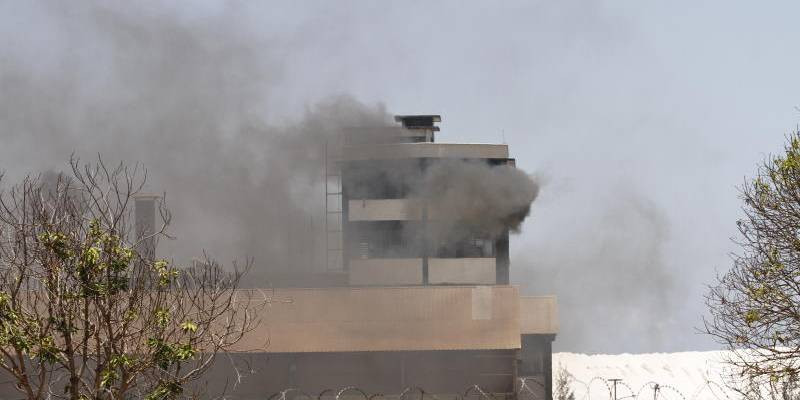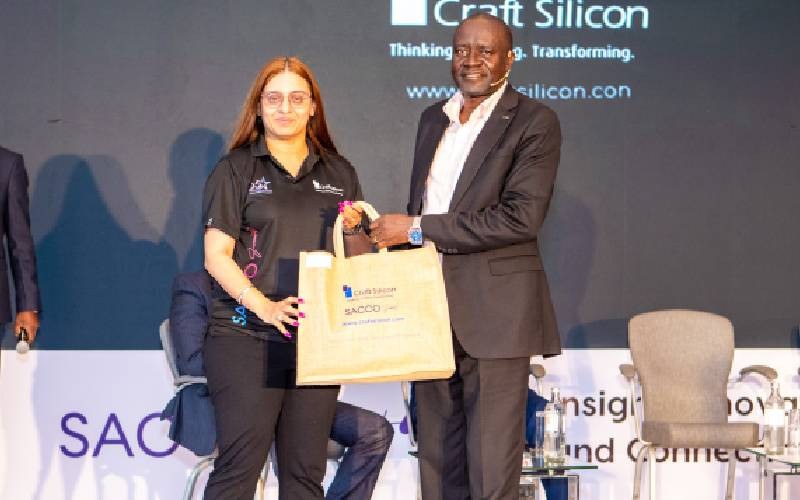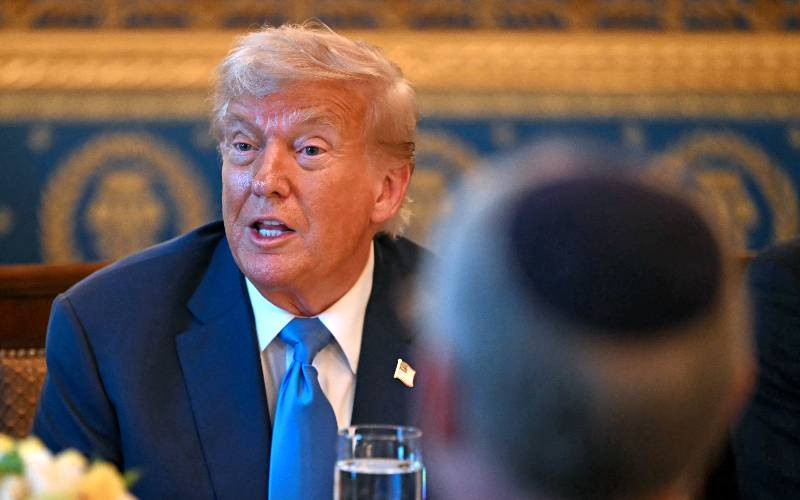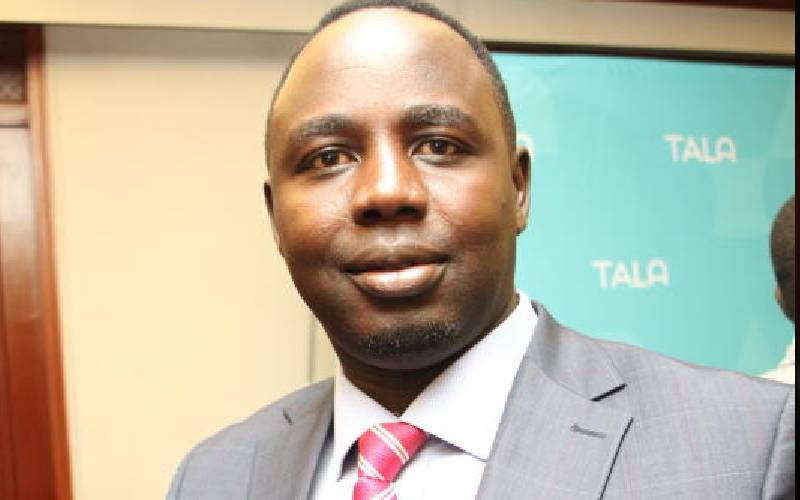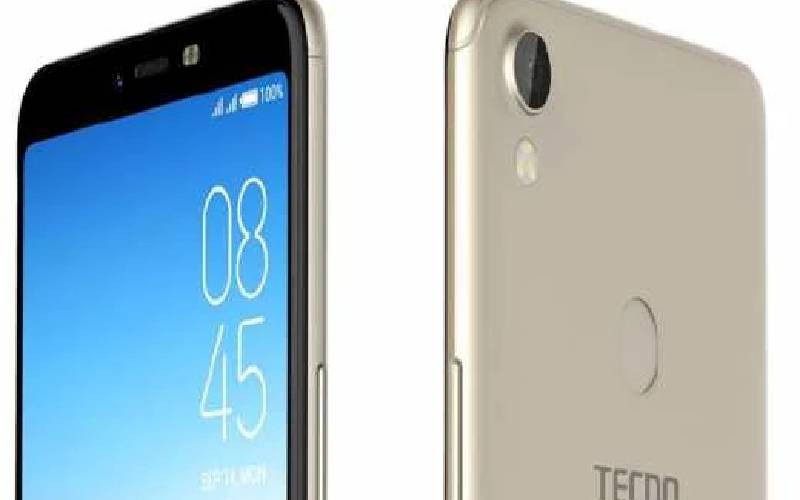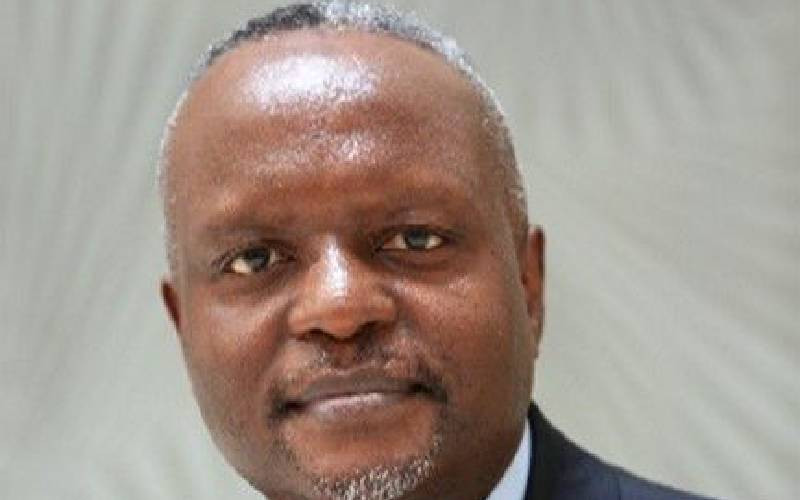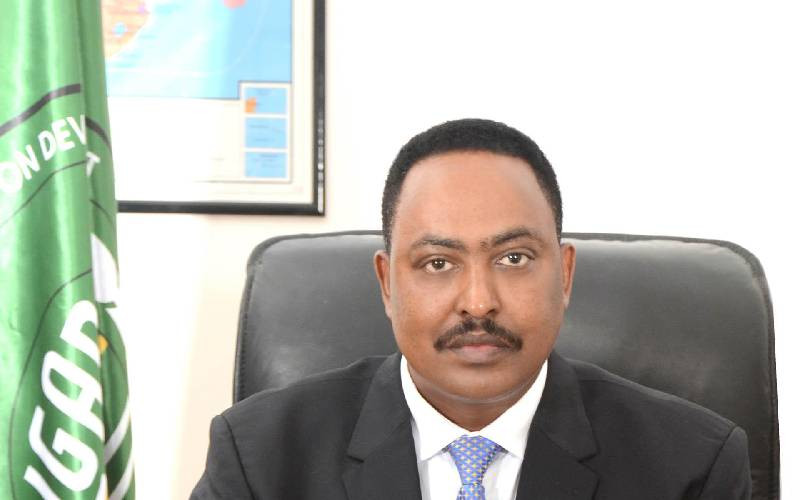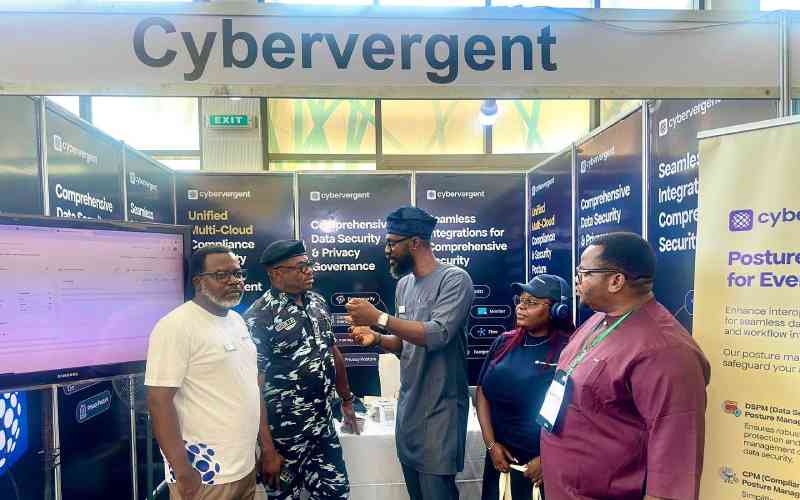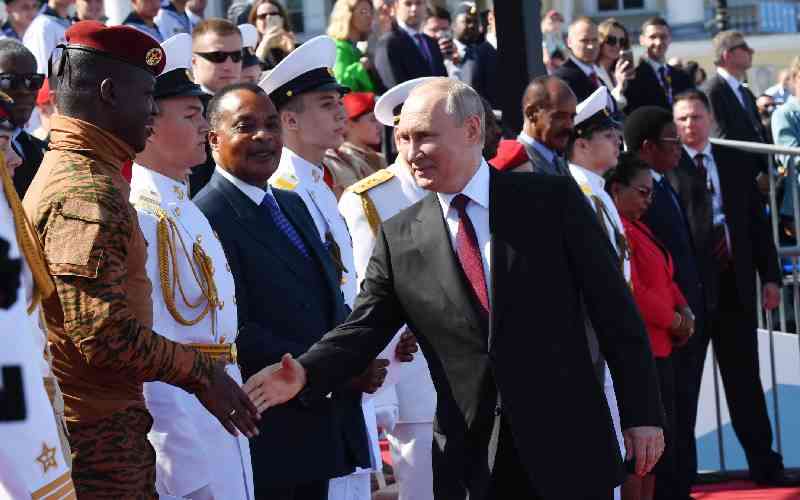
On September 11, 2024, a social networking app was launched at the University of Nairobi, which now appears to be an extension of Russia’s covert influences in African countries.
The marketers of the app said the new service, going by the name AFree was designed for the African market, featuring instant messaging, calling, video calling, and video conferencing.
Majority of attendees at the event had no reason to be suspicious even though the said Chief Executive Officer of the Afree entity that was bringing the app to Nairobi, Baktibek Batyrkanov addressed them from outside the country through a video-link.
He said the coming of a new app on the Kenyan social networking market was going to fill gaps in the country’s communications services that are caused by low internet coverage adding that the app had intuitive interface for users with lower literacy levels.
READ: Wagner Group is a destabilising force; please kick it out of Africa
Batyrkanov said a group of programmers working on applications for large companies realized that existing social networks had become outdated.
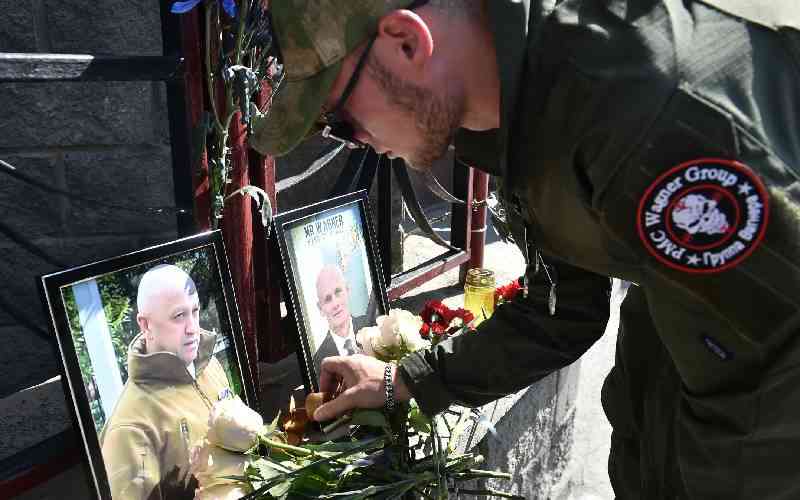
“On the one hand, they are constantly being updated, changing their design and interface, and expanding their functionality” He said, adding “many social networks and messaging apps have become too complex, their interfaces requiring a long and tedious learning process,”
It was a fairly innocent affair which was covered by Kenyan media in its business shows on television and radio and on the business pages of newspapers.
However, as The Standard learns, the launch of that app was one of the many fronts that Vladimir Putin’s Russia has been using in its new methods of extending influence on the African continent after the killing of the leader of Russian funded Private Military Company Wagner Group Yevgeny Prigozhin on 23 August 2023.
Before his attempted coup in June 2023 Prigozihin led one of the strategic approaches of Russia’s information influence in Africa, the covert information operations that was carried out by Project Lakhta, which he founded in 2013.
Since the outbreak of Russia’s war on Ukraine on 24 February 2022, Russia has isolated itself from Western countries, forcing it to seek new partnerships on the international stage, particularly in Africa.
Its strategic pivot towards the continent, enshrined in the Russian Federation’s 2023 Foreign Policy Concept, has resulted in a strengthening of Russia’s information influence strategy resulting in increased Foreign Information Manipulation and Interference (FIMI) efforts at multiple levels.
A report by a European think-tank incorporating the United Kingdom’s Foreign and Commonwealth and Development office and the European External Action Service which we have in our possession says that many questions arose about the future of PMC Wagner’s digital influence activities on the African continent after the death of Prigozhin.
And following months of investigations by independent bodies working with government ones and civil society European think- tanks established that some of the activities that the Wagnar Group was running still continue, albeit in a different form.
READ: Vladmir Putin says Wagner group action is 'treason', promises 'harsh' punishment
Stay informed. Subscribe to our newsletter
“The activities are likely to be integrated into the Russian state’s sphere of influence” Says the report From Public diplomacy to covert influence operations adding “This new system is cantered around African Initiative, a Russian news agency based in Moscow created in September 2023 with the ambition of becoming the main “information bridge between Russia and Africa.”
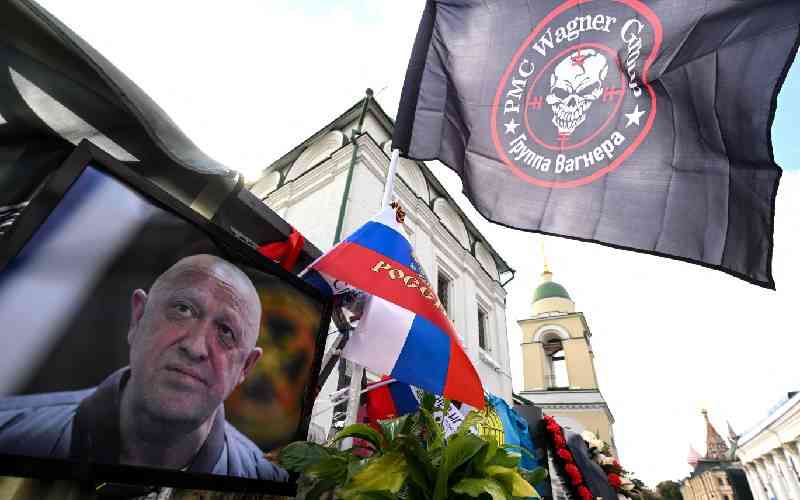
African Initiative works to disseminate and promote classic anti-Western and pro-Kremlin propaganda through its various channels (websites and social media accounts), in several languages, including French says the report. The agency is led by individuals suspected by several open-source investigations of having ties to the Russian intelligence services (RIS) suggesting that the structure is a front, unofficially administered by the RIS to disseminate propaganda.
Moreover, several of its leaders appear to have significant experience in influence, particularly in former Soviet bloc countries. In addition, the agency is a “two-headed” structure physically present on the African continent through an “NGO” model that recruits influencers, journalists and “grassroots” activists tasked with relaying and amplifying pro-Russian narratives among local populations.
The AFree mobile application launched in Nairobi and now in operation in Kenya through app downloads on mobile phones as is WhatApp works in association with the African Initiative news agency a project of the Russian propaganda machine. Describing itself as “the next generation of social networking for Africa” and an alternative to “Western social networks,” AFree was launched on 27 February 2024 in Moscow and has been downloaded more than 100,000 times, says the think-tank report From Public diplomacy to covert influence operations.
The AFree application has been promoted offline, and received considerable media coverage in four countries: Cameroon, Nigeria, Kenya and Morocco. In each of these countries, local people were recruited to organise and host launch events to introduce the AFree application to the local population. The app is closely monitored by Russian Intelligence service for purposes of understanding information exchange trajectories which facilitates creation of narratives fit for the African continent.
Working alongside the news agency, the app, says the report is turning into an effective tool of information gathering.
Meanwhile a perusal of the news agency’s website reveals a media entity that is open to re-publishing of news reports of other media with an eye that skews its reportage in favour of Moscow and a negative slant towards the US and the Trump administration.
ALSO READ: Putin denies strategy to spread influence in Africa after Wagner 'rebrand'
One of the stories on the agency’s website is headlined; Trump: BRICS countries supporting ‘anti-American policy’ to face 10% tariff. Countries supporting the BRICS group’s “anti-American policy” will be subject to an additional 10 per cent tariff, this was announced by US President Donald Trump on the social media platform Truth Social, the story reads and continues… the US president did not specify what exactly he meant by the “anti-American policy” of BRICS.
The reporting on Moscow reads ; The Russian Central Bank to start setting exchange rates for three African currencies against the rouble from 10 July. A story about how the Bank of Russia will start setting official exchange rates of the rouble against 12 additional foreign currencies, including currencies of African states, from 10 July. The list of the countries includes, in particular, the Algerian dinar, the Ethiopian birr and the Nigerian naira.
Another headline on the news agency’s website reads; Ukraine proposed training military personnel in Mauritania. In neighboring countries, Kyiv is accused of preparing terrorists there
The story says that Ukraine has sent humanitarian aid to Mauritania for refugees from neighbouring Mali and has also offered Nouakchott assistance in training troops, drawing on its combat experience from the war with Russia, Reuters reports citing Ukrainian diplomats of various ranks.
The report continues, Kyiv’s proposals come amid rising tensions in relations between Mauritania and Mali, the latter having formed a close military partnership with Moscow. A crisis zone has emerged on the border between the two African countries as a result of jihadist terror and retaliatory military actions.
